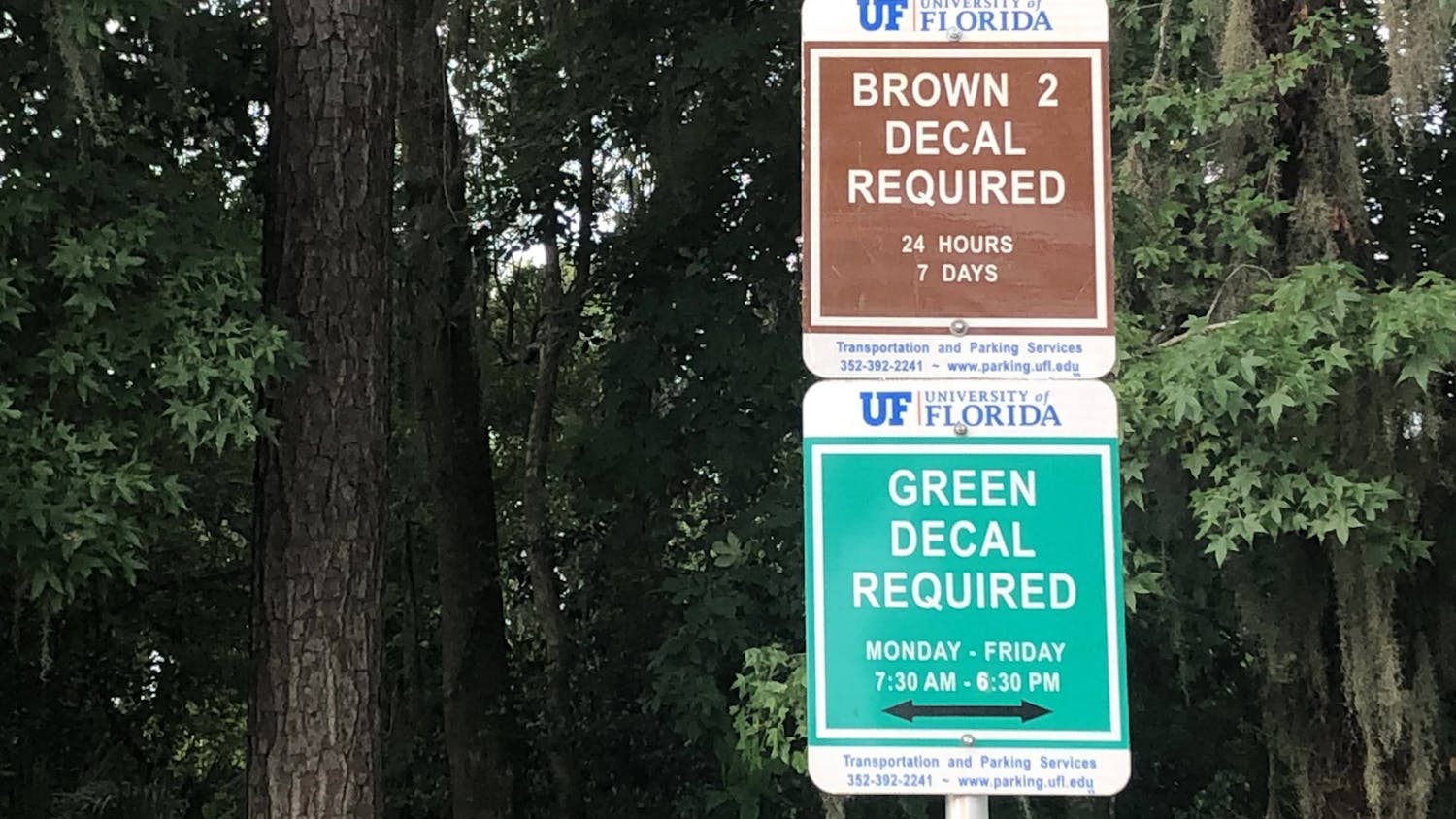Technology seems to advance quicker than anything these days, and with rapid advancement comes fads of hip new devices — one being the tablet personal computer.
With Apple’s introduction of the iPad in 2010, the technology market boomed with competitors trying to match Apple’s latest venture.
Following Apple’s lead, tablets such as the Samsung Galaxy Tab and the Dell Streak 7 have emerged, and each device comes with its own unique quirks.
With the budding tablet market and Apple’s constant drive to stay ahead, the only thing for certain is these devices aren’t going anywhere any time soon.
And as tablets have become more popular for personal and business use, they have also gained popularity in the education system as learning aids.
The iPad has been the most common tablet instituted at schools so far. Among those, universities such as Oklahoma State, Seton Hall University and Illinois Institute of Technology have used the iPad in the past year to kick-start their already renowned technology programs.
Oklahoma State began its iPad pilot program in fall 2010, with two teachers distributing the gadgets to about 120 students.
Bill Handy, an OSU associate professor, spearheaded the pilot program along with business professor Tracy Suter.
Suter said he and Handy measured the usefulness of the iPad in classrooms.
“In my experience with the one-semester pilot, having the iPad in the classroom was positive,” Suter said. “Students have a level playing field with hardware and software, and in a lecture setting, the convenience and mobility of the iPad makes it better than a laptop.”
Seton Hall and the Illinois Institute of Technology have more permanent programs that provide incoming freshmen with iPads.
Even some high schools have started to distribute iPads to students.
Monte Vista Christian School, in Watsonville, Calif., was the first U.S. high school to implement the technology.
In April, the school distributed 70 iPads almost immediately after Apple’s release, and that number has increased in the new school year.
Andover High School in Andover, Mass., had a plan to institute iPads into high-level math and science courses this spring semester, but complications with electronic book publishers stalled the movement.
Despite that, the Andover School District seems adamant on getting an iPad program started.
“I can’t give you a date or time, but it will happen,” said Susan Nicholson, the district’s assistant superintendent.
But how could this movement toward the latest cutting-edge technology affect UF students?
At UF, professors have mixed opinions on whether tablet computers would be useful in the classroom.
Keith Stanfill, a UF engineering professor, would be open to the idea.
Stanfill teaches a large introductory course and has his students use clickers to interact during lectures.
“I could definitely envision the use of an iPad or similar mobile device to have students engage more in the lesson,” he said. “In a big class where sometimes a professor wonders if the students are grasping the concepts, it would be useful to have that to gauge how well the students are understanding the material.”
However, not every professor thinks adding iPads to the curriculum would be a good idea.
UF journalism professor Mindy McAdams said she doesn’t think iPads or other tablets would be helpful to journalism students.
“Things that the iPad does wouldn’t help as much for journalists,” McAdams said. “They don’t really affect the gathering and presentation of news, so I wouldn’t see why they would be required.”
McAdams said she isn’t against the technology; she just doesn’t see how it could help journalism students.
Stemming from that viewpoint, it seems that if iPads are ever instituted at UF, that institution will be only college-based — not university-wide.
“As of right now, there hasn’t been any movement toward integrating that technology,” UF spokesman Steve Orlando said. “The university has had a computer policy for several years, and some schools, like the college of journalism, have begun to require MacBooks. But, aside from that, nothing is in movement.”





